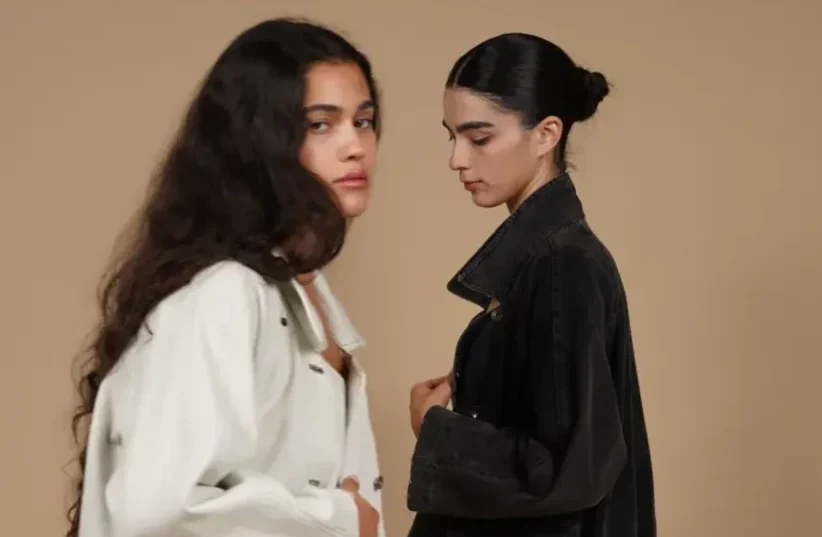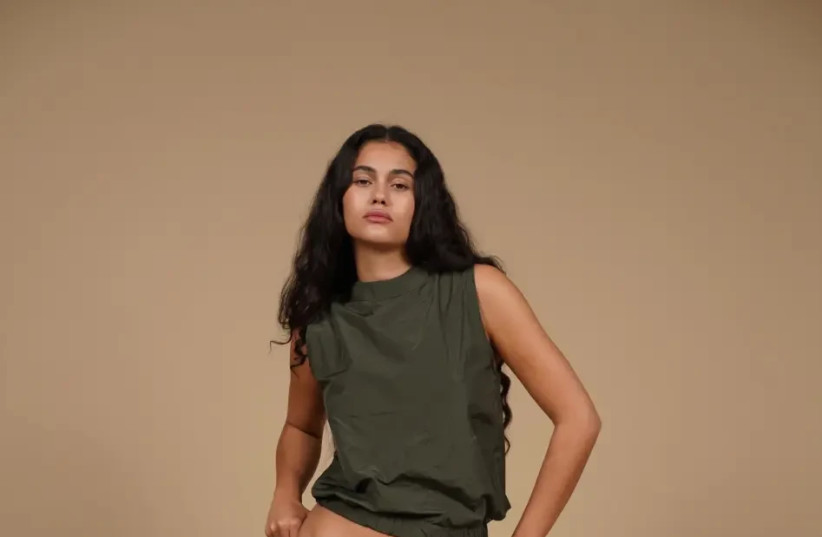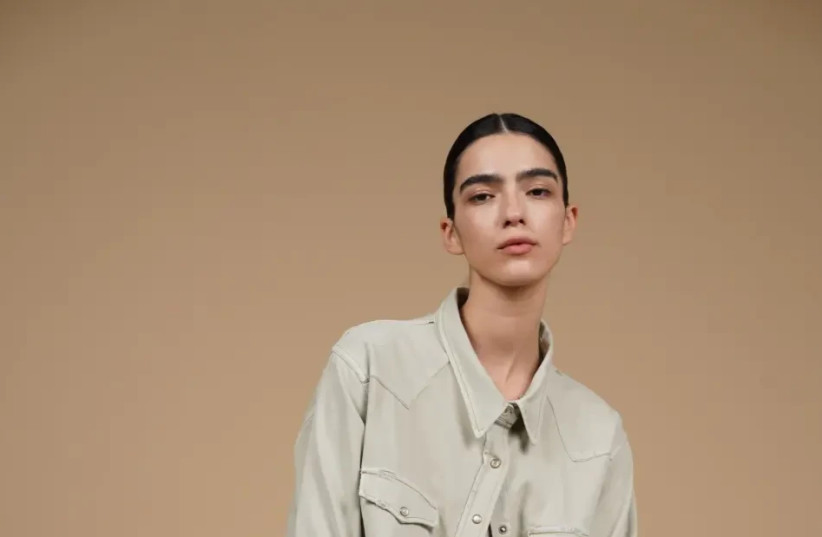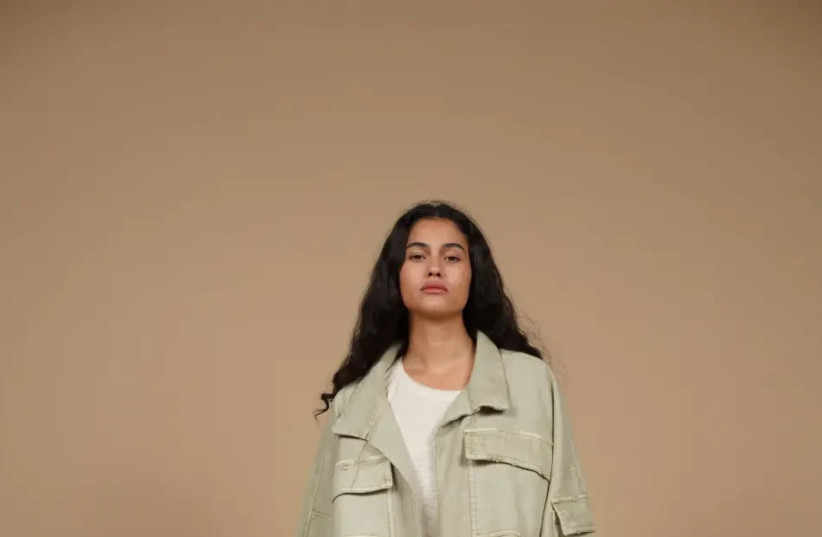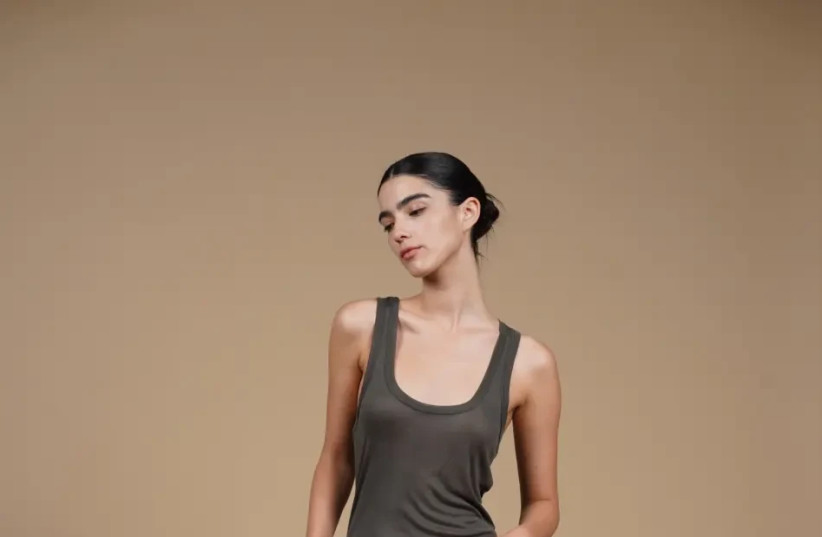"I never studied fashion, but I always had the desire to express myself through clothes. I don't have the training to cut cuts or do some of the things that fashion designers do but I have the eye and I don't know where it came from, the ability to find items and put them together" she says To us the fashion designer Meital Carmeli owns the fashion brand MC Meital Carmeli.
Five years ago, Meital Carmeli (47) decided to make a sort of turn in her life, and although she loved her profession as a lawyer, she decided to connect with what has always excited her - fashion. In 2020, she opened her own fashion brand, a brand that focuses on 'boutique fashion' with the aim of creating elegant and luxurious items suitable for both everyday and evening lifestyles. We spoke with her for a short interview:
How do you suddenly reach such a field in the middle of life? Is this something you always wanted to do?
'It's hard for me to think in terms of mid-life.. I reached the limit in a fascinating field, which I was involved in until a few years ago, and besides that I always had an inner urge to engage in fashion, I needed the right timing in life to make the change. As far as I'm concerned, I still have a whole life to deal with it... and of course I welcome it.''
What did it require of you to make this change in occupation? From a lawyer to a fashion designer, nevertheless there are very large gaps between the two professions
"Yes, there are fundamental differences between these two fields, the key is related to one, my personality, in both I express my entrepreneurial and creative side and as much as I can testify about myself, I have passion and dedication to what I do. On the other hand, there is no doubt that entering a new field requires in-depth study, and in this part I did not make any assumptions, I studied in depth the technical field, the creative process from the beginning, I established a quality control system for the fabrics I choose to work with and for the various stages of execution, and of course in the business aspect, I studied well The market I'm targeting.'
What was your first step?
"I started to design and produce my first item; These were half gloves, why half gloves? I don't know, maybe because I saw them once in an old movie, I liked them but I didn't see them in stores. I remember checking with people in the field, who is the best fabric store in Tel Aviv and I went to it, the owner of the fabric store was kind enough to match me with a home seamstress, who didn't speak a word of Hebrew and/or English, we would communicate through translation apps. Sitting face to face, in a one bedroom apartment, I sketch and she takes out a model, sews while I sit quietly next to her. Makes changes and she corrects, like this back and forth.
I started selling to girls who saw the items on me and wanted them too, little by little the demand grew and along with it the production quantities. One seamstress wasn't enough so she called her friends who worked under her. Later the business grew and in addition to these very talented seamstresses, blue and white seamstresses were added. In the meantime, I moved from home to my studio, which brings together all the stages of production, targeted and physical sales.
Today, the production is carried out partly by seamstresses and partly by hand, depending on what is most correct and accurate for the garment, obviously, the models that are produced by hand are part of series that are limited edition, the quantities of each item are limited and these are models that once sold will not return to the shelf, other, new items will return in their place.''
In a time of economic crisis, do you think there is an audience for collections at such prices?
"This is the million dollar question, I chose to go for a prestigious line aimed at a certain target population when the economic situation was not the factor for the decision, understanding that economic crises pass. This does not mean that the economic crisis is missing any of us and I still hope and aim that in the long term the fashion field will grow again. I believe in the fashion market and a big believer in Lake Dyke; Buy a little but high quality and correct. Items that are true today and will be true years from now.'
Let's say you convinced me that your skirt is worth 1500 shekels. If I enter your bio I see that you are a really new designer, why would I be convinced to buy from you? What is there in your brand that is not what we have known so far?
"When establishing the brand, there was an in-depth thinking that deals with the quality of the clothes and the level of execution. I chose to use the highest quality materials that the market has to offer; The fabrics, the elite tailoring, the attention to detail and the endless investment in the design of every aspect of the garment, even if it means importing special accessories from Germany because they are not made in Israel or leather laces that are made in a small town in Italy.'
"This has implications, especially in the field where the direct and indirect raw costs of each garment, starting from the idea, through the design, the treatment of the sewing fabric until the moment it is hung on the hanger in the studio, are so high, and still, no brand has become a brand overnight and along the way there is a lot of investment and alongside growth .'
"Furthermore," she tells us, "there is significance to a brand that is slow fashion, that employs and supports talented craftsmen here in Israel, produces blue and white and manages not to fall in the level of execution of any other comparable luxury brand in the world. There were years when the textile industry in Israel flourished, at its peak it employed thousands of workers. I wish more brands would join and together we will be able to re-bloom this field in Israel.'
"My story is not about trends but about values that last over time, a complete concept of design and fashion and a reminder of the good things in life, appreciation and appreciation. I relate to clothes in a sentimental way, how they make me feel, the images they conjure up in me, the mood, women as characters in my plot.'
"When you have this confidence in yourself, you can wear what you want and use it to project something personal about who you are and what you feel. The way you hold the garment tells your story, in this situation choosing clothes becomes an experience and I, as a designer, not only of a shirt or jacket but as a fashion house, enjoy seeing the customers experience it over and over again.''
Meital Carmeli's studio is located at 53 Hanaviim St. Ramat Hasharon, and she also has an online website from which you can order.
price range:
Shirts: from NIS 550Pants: from NIS 1250
Skirts: from NIS 1250
Dresses: from NIS 1800
Jackets: from NIS 1290
Jeans: from NIS 2850
